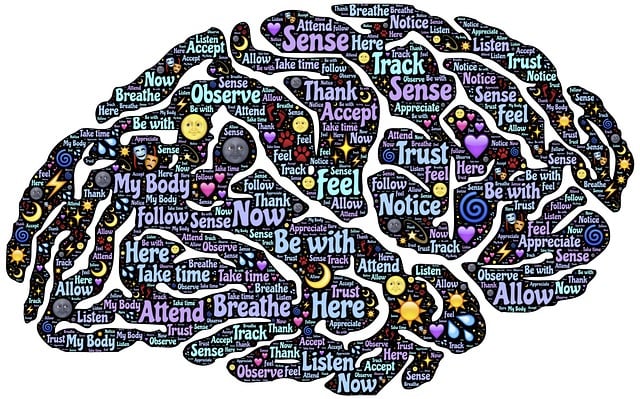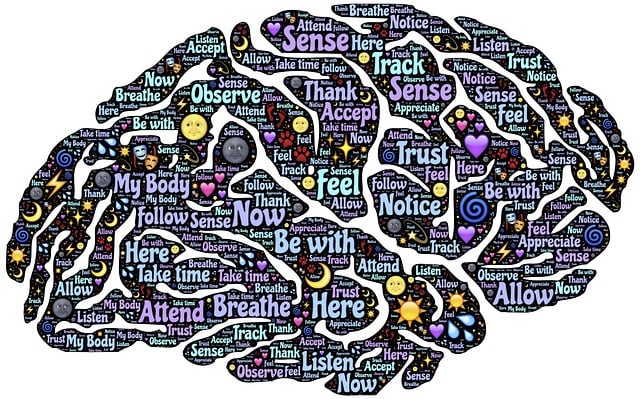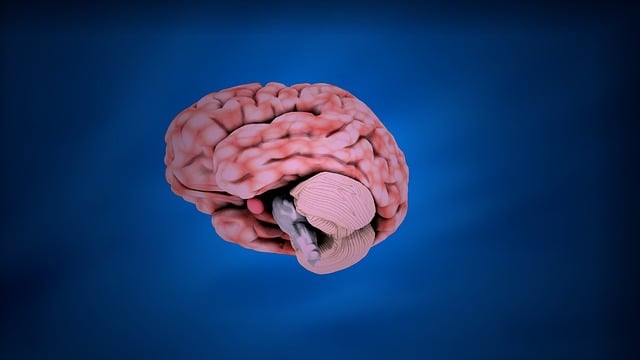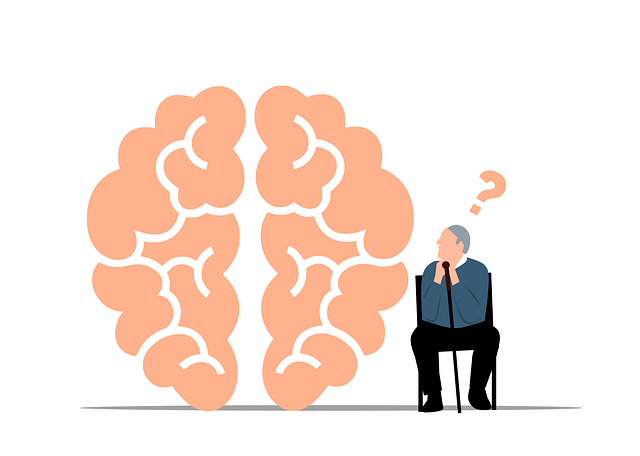Cultural sensitivity is vital in modern mental healthcare, especially when treating young children from diverse backgrounds. Each child's experience is shaped by their cultural context, including family dynamics and traditional practices. For instance, divorce can be a sensitive topic in many cultures, affecting emotional expression. Therapists must adopt culturally sensitive approaches, integrating tailored crisis intervention strategies to create safe spaces for expression without judgment. By understanding cultural backgrounds, therapists can incorporate self-awareness exercises and mental wellness podcasts to deliver effective, inclusive therapy that caters to each child's unique needs regarding divorce or other challenges.
Cultural sensitivity is a cornerstone in modern mental healthcare, ensuring equitable and effective treatment for all. This article explores the vital role of cultural awareness in various therapeutic contexts, from child psychology to family dynamics. We delve into specific areas like therapy for young children and navigating divorce with cultural sensitivity. Understanding these nuances enables professionals to implement culturally responsive practices, fostering better outcomes for diverse clientele, especially when addressing sensitive issues such as divorce.
- Understanding Cultural Sensitivity in Mental Healthcare
- The Impact of Cultural Background on Young Children's Therapy
- Navigating Divorce with Cultural Awareness: A Unique Approach
- Strategies for Culturally Responsive Practice in Child Mental Health Care
Understanding Cultural Sensitivity in Mental Healthcare

Cultural sensitivity is a cornerstone in modern mental healthcare practice, especially when treating young children from diverse backgrounds. Understanding cultural nuances is vital to ensuring effective therapy and building trust between therapists and clients. Each child’s experience is shaped by their unique cultural context, including family dynamics, community influences, and traditional practices that may differ significantly across cultures. For instance, families facing divorce might express emotional distress in ways that are foreign to a therapist unfamiliar with their cultural norms.
This awareness extends beyond individual therapy sessions. It influences the design and implementation of mental health policies and advocacy strategies, aiming to reduce disparities in care by integrating culturally responsive approaches. By considering Mental Health Policy Analysis and Advocacy, we can ensure that services like Stress Reduction Methods are accessible and tailored to diverse populations. This holistic approach to mental wellness recognizes that cultural sensitivity is not just a preference but an essential aspect of delivering quality, inclusive, and effective healthcare for young children across various cultural settings.
The Impact of Cultural Background on Young Children's Therapy

Understanding the impact of cultural background on young children’s therapy is essential for mental healthcare professionals. Children from diverse ethnic and socioeconomic backgrounds may face unique challenges that influence their emotional well-being and therapeutic experiences. For instance, family dynamics, including the effects of parental divorce or separation, are often shaped by cultural norms and traditions, which can significantly impact a child’s ability to express and process emotions. These factors must be considered when designing therapy approaches to ensure they resonate with the child’s cultural context.
Community outreach programs that promote cultural sensitivity can play a vital role in enhancing therapeutic outcomes for young children. By implementing initiatives focused on mood management and self-care practices tailored to different cultures, mental health services can become more inclusive and effective. Recognizing and addressing these cultural nuances fosters an environment where children feel understood, respected, and supported throughout their therapy journey.
Navigating Divorce with Cultural Awareness: A Unique Approach

Divorce is a complex process, especially when cultural factors are at play. In many communities, divorce is seen as a taboo subject or a source of shame, which can make young children vulnerable during and after the separation. Therapists must be culturally sensitive to these nuances to provide effective therapy for young children dealing with divorce. A unique approach involves integrating crisis intervention guidance tailored to the child’s cultural background.
This method goes beyond the standard self-care practices and mind over matter principles. By understanding the community’s beliefs and practices, therapists can offer a safe space where children can express their feelings without fear of judgment. This cultural awareness not only helps in managing the immediate crisis but also equips children with coping mechanisms that resonate with their heritage, fostering resilience as they navigate this challenging life event.
Strategies for Culturally Responsive Practice in Child Mental Health Care

In providing therapy for young children experiencing mental health challenges, particularly those affected by divorce, culturally responsive practice is paramount. This involves understanding and respecting the child’s cultural background, values, and beliefs. One effective strategy is to incorporate self-awareness exercises tailored to the child’s culture, fostering a sense of belonging and safety in the therapeutic process. By doing so, therapists can create an environment where children feel comfortable expressing their emotions and sharing personal experiences.
Additionally, mental wellness podcast series production can be leveraged as a tool for delivering culturally sensitive interventions. These podcasts can offer coping skills development tailored to diverse cultural contexts, helping children navigate stress and trauma associated with divorce. Engaging in such creative approaches ensures that therapy is not only effective but also meaningful, catering to the unique needs of each child and their families.
Cultural sensitivity is an indispensable aspect of mental healthcare, especially when addressing diverse populations. As demonstrated through exploring therapy for young children, divorce support, and culturally responsive practices, understanding and respecting cultural backgrounds significantly enhance therapeutic outcomes. By incorporating strategies that embrace cultural awareness, mental health professionals can create inclusive environments, improve access to care, and ultimately foster better mental well-being across various communities, particularly in the context of therapy for young children and divorce support services.














